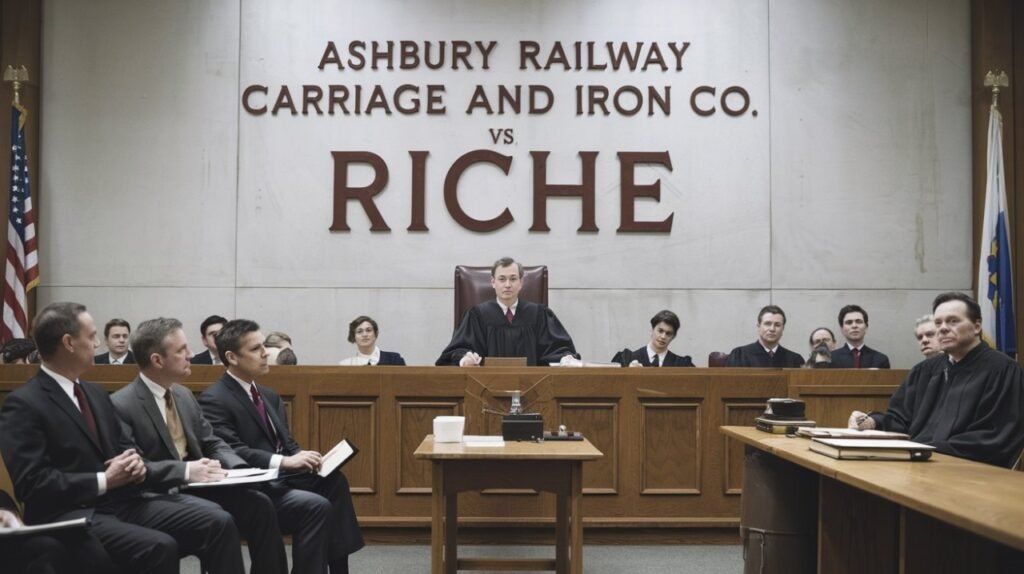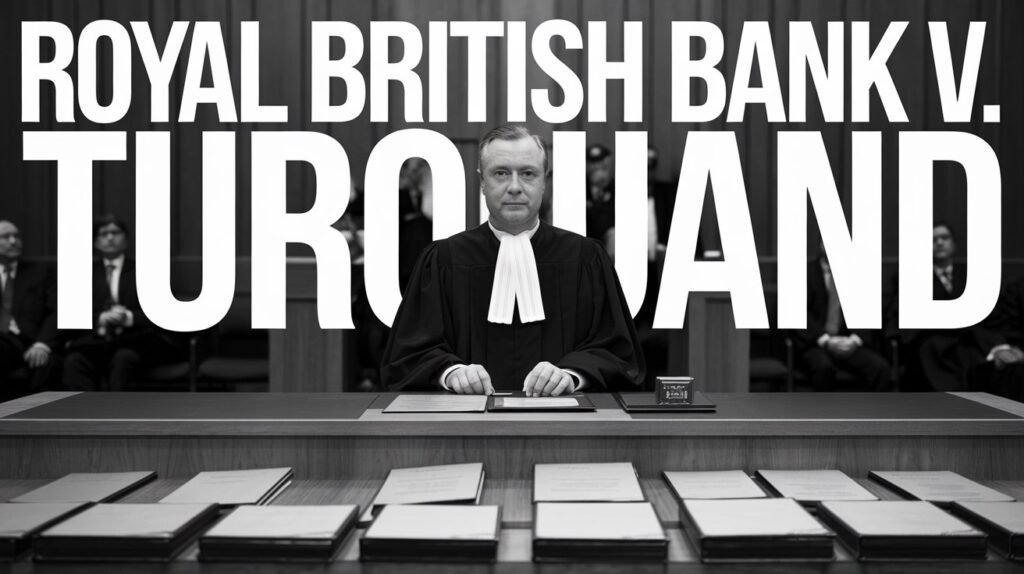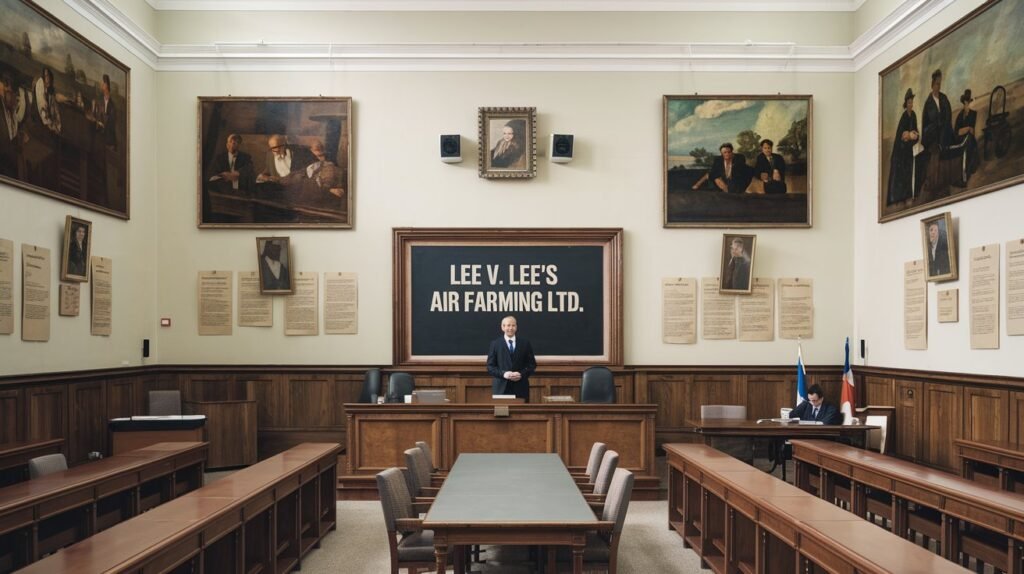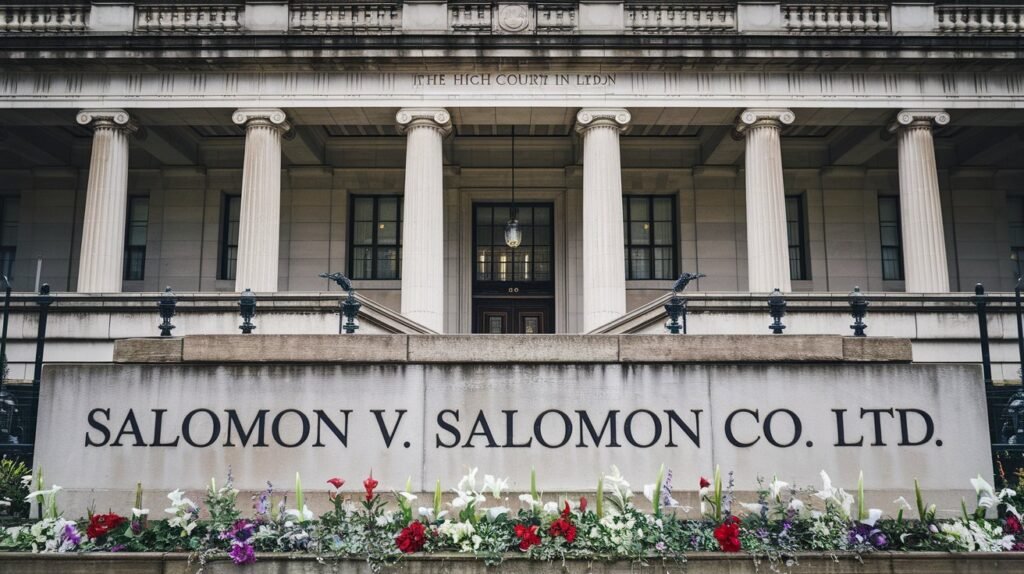Lee v Lee’s Air Farming Ltd. (Case Summary)

This case, also known as the case of Lee v Lee, is a landmark case that strengthened the principle of separate legal entities of a company from its members. The case established a crucial precedent that even the promoters/shareholders can be employees of the company.
Table of Contents
ToggleFacts of Lee v Lee’s Air Farming Ltd.
- Mr. Lee established Lee’s Air Farming ltd. having business in the niche area of Arial Topdressing i.e. (spreading fertilizer using aircraft)
- Mr. Lee was not only the director but also the majority shareholder of the company.
- The company took insurance of its employees from insurance agencies.
- Mr. Lee was also a pilot and one day while flying the aircraft for Arial topdressing, the plane crashed and Mr. Lee was killed in the crash.
- Mrs. Lee (Appellant) claimed compensation under New Zealand Workers’ Compensation Act, 1922. She contended that Lee was at the time of crash working as an employee of the company.
- The insurance agency contended that Mr. Lee being the majority shareholder can not be an employee of the company and a man can not employee himself.
Issues framed
- Whether Mr. Lee being the majority shareholder, be an employee of the company?
- Whether Mrs. Lee is entitled to compensation under New Zealand Workers’ Compensation Act, 1922?
Judgment of Lee v Lee’s Air Farming Ltd.
The court analyzed the principles of common law and the extent to which the doctrine of a company as a separate legal entity from its shareholders can be applied. The court also considered the New Zealand Workers’ Compensation Act, 1922
The court while interpreting the doctrine of separate legal entity did a strict legal interpretation of the doctrine and held that a shareholder is a separate legal entity than the company and hence, even a majority shareholder can be an employee of the company. The court held that Mr. Lee was indeed an employee of the company Lee Air Farming Ltd.
Mr. Lee even after being the majority shareholder was held to be an employee of the company and hence, was entitled to compensation under the New Zealand Workers Compensation Act, 1922.





